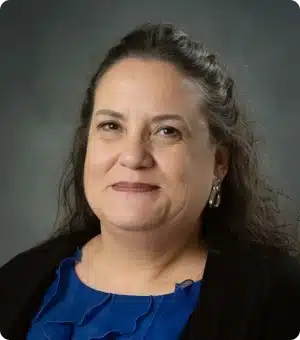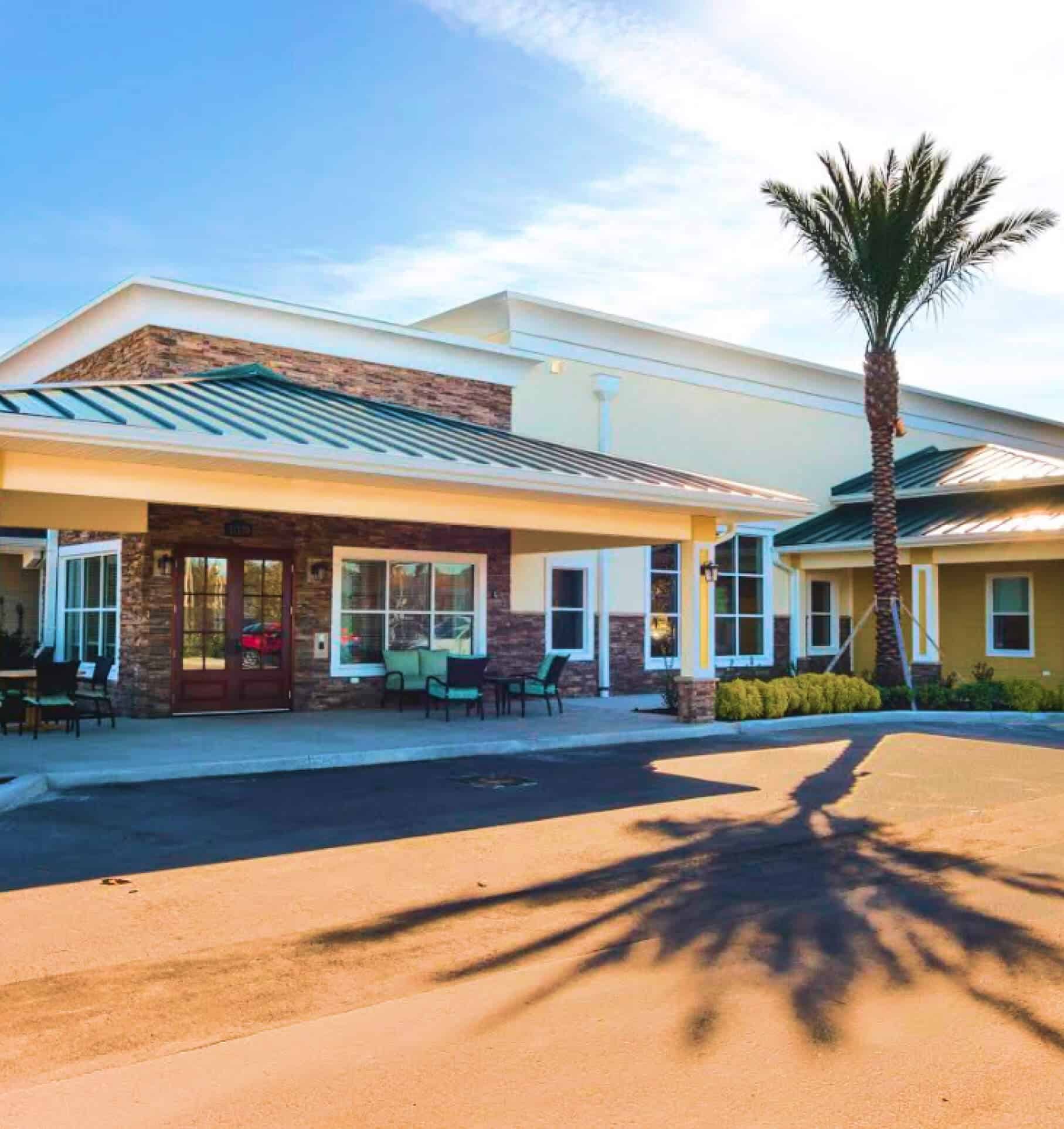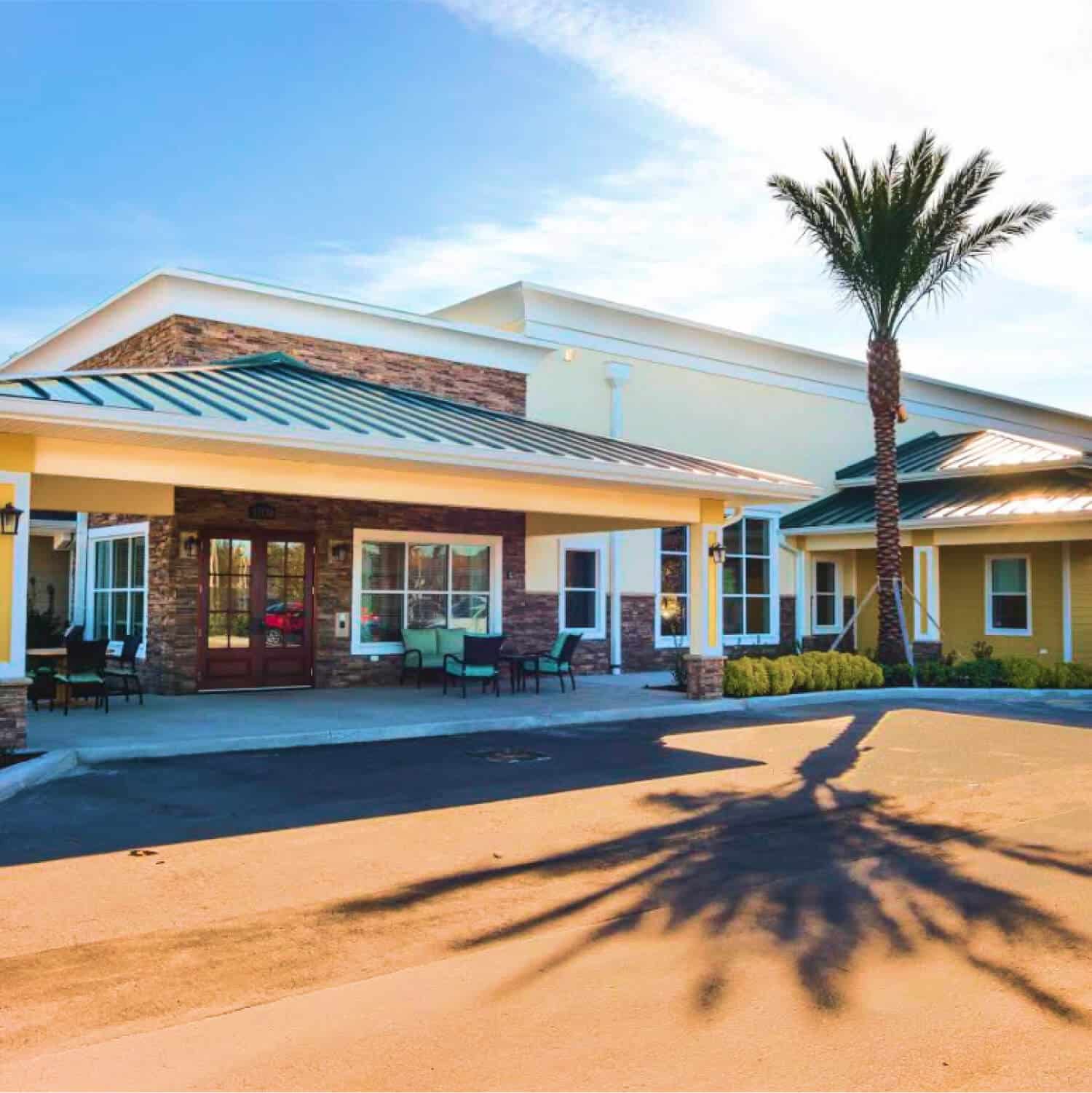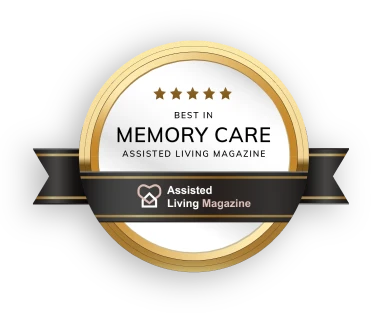Deciding to move a loved one into a memory care community is never an easy choice. It comes with a mix of emotions and concerns about making the right decision. At the CERTUS Institute, we understand that this transition is significant not only for the person with dementia but also for their family. Our research and experience show that early involvement in a memory care community can profoundly benefit individuals with dementia, allowing them to adapt to routines, form meaningful relationships, and age in place successfully.
Recognizing the Right Time
One common indicator that it might be time to consider memory care is when you start feeling the need to explore your options. If you find yourself repeatedly questioning whether your loved one needs more support than you can provide at home, it’s often a signal that it’s time to take action.
Benefits of Early Involvement / Participation
Early involvement in a memory care community allows individuals to:
- Adapt to Routines: The earlier a person joins a structured program, the quicker they can become accustomed to the daily routines. This familiarity is crucial for their comfort and stability.
- Form Social Cohorts: Joining a community early allows individuals to create a network of friends with whom they can share their journey. Social connections are vital for emotional well-being and can significantly enhance the quality of life.
- Embrace Participation: Engaging in activities and programs designed for those with dementia encourages participation and helps individuals maintain their skills and independence longer.
Steps to Transition
When considering a move to a memory care community, there are several steps and programs to explore:
- Day Programs: Participating in day programs can be a gentle introduction to the community. It offers a chance to get used to the environment and routines without the immediate need for full-time residence.
- CERTUS Flex Program: This unique program combines day programs and respite care, providing a flexible option that allows for gradual transition. It can help both the individual with dementia and their family adjust to the new setting.
- Personalized Transition Plans: Working with the memory care team to create a transition plan tailored to your loved one’s needs and preferences can make the move smoother and more successful. Personalization ensures that the individual’s routines, likes, and dislikes are considered, making the new environment feel more like home.
- Full Immersion: At CERTUS, we believe in the full immersion of being involved in the program. You may want to consider spending extended periods at the community to fully experience the environment, activities, and routines. This immersion helps both the individual and their family become more comfortable and familiar with the setting, ensuring a smoother transition.
Addressing Concerns
Understandably, there are many concerns when considering memory care. It’s important to communicate openly with the care team, ask questions, and involve all family members in the decision-making process. At CERTUS, we’ve seen that when families and all involved parties work together, the transition is more successful, and the individual can thrive in the new environment.
The Right Time is Now
If you find yourself asking when the right time to move into memory care is, it’s often already time. Early participation in a research-based memory care program like CERTUS can significantly enhance your loved one’s quality of life. The sooner they join, the better they can integrate into the routine and reap the program’s benefits.
Making the decision to move into a memory care community is challenging, but with the right support and resources, it can lead to a positive and enriching experience for your loved one. At CERTUS, we are committed to providing compassionate, personalized care to help individuals with dementia live their best lives.
For more information about our programs and how we can assist in this important transition, please visit our website or contact our team directly. Together, we can create a supportive and nurturing environment for your loved one.
Authored by CERTUS Institute Faculty:

Joshua Freitas,
Ph.D., M.Ed., BC-DEd, et al.

Theda Heiserman,
BC-DEd, CLC, DE-NC, et al.








